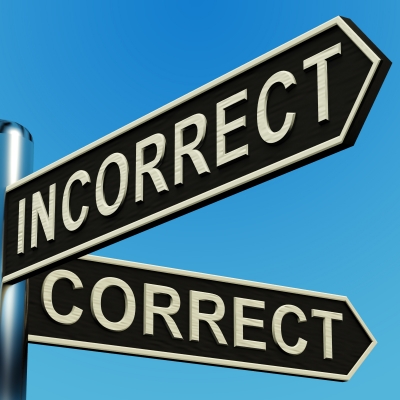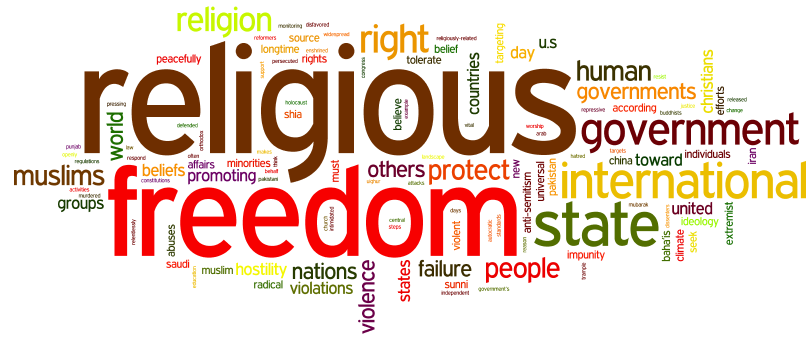We attended a concert at Grace Presbyterian church in Peoria this weekend and they shared some of the amazing history of the song “O Holy Night” to us. It was an interesting story so I thought I would go for the entire background of this beautiful song.
Written by Two Non-Christians
In the year 1847, a man named Placide Cappeau de Roquemaure was the commisioner/inspector of wines in a small town in France. Known to be an avid poet, Placide was approached by a priest to compose a poem for a Christmas service in Paris.
Poet Pens It
Initially, Cappeau was not certain he’d be able to live up to the task. After reading the Gospel of Luke for inspiration, he envisioned what it might have been like to have been in Bethlehem to witness the birth of Jesus. From there, he penned the now famous words to “Cantique de Noel”, or O Holy Night.
Composer Scores It
Upon delivering the poem in Paris, Cappeau determined that “Cantique de Noel” would be even more powerful if set to music. For help, he turned to well known composer Adolphe Charles Adams. At first, Adams was reluctant to participate. As a Jew, the celebration of the Christian savior did not appeal to him. Still, something about the words of the poem inspired him, and thus he endeavored to compose an original score unlike anything that had been heard before. It only took Adams three weeks to complete the work, and it was immediately performed at a Christmas Eve mass.
Church Stifles the Song
Churches across France embraced this amazing new hymn and it became a popular staple for choirs to sing at Christmas time. However, Cappeau eventually left the Catholic church. This information, combined with news that the music was written by a Jewish man, caused the Catholic hierarchy of France to ban the singing of “Cantique de Noel”, claiming it was too secular. It baffles the mind how the worshipful lyrics to this song could ever be considered secular, but the church had spoken, and the song was no longer part of traditional services.
Brought to America
This did not silence the song forever. Common folk continued to embrace it, and refused to let the church bury it. They continued to sing “Cantique de Noel” in their homes and in social gatherings. O Holy Night had gone from a mainstream hymn to an underground hit. About ten years after the official attempt to bury the song by the Church in France, “Cantique de Noel” found its way to the ears of an obscure American writer, named John Sullivan Dwight.
Renames It
Dwight instantly felt moved by the lyrics and the grand, soaring score. He determined that American audiences had to hear it. Dwight felt that the song was the perfect marriage between the Good News of the Gospel, and the freedom that Jesus represented. An ardent abolitionist, Dwight was overcome with the power of a particular verse:
“Truly he taught us to love one another; his law is love and his gospel is peace. Chains shall he break, for the slave is our brother; and in his name all oppression shall cease.”
Dwight translated the lyrics of “Cantique de Noel” into English, renaming it O Holy Night, and published it in a magazine. The song found an audience in the American north, where it was celebrated as an anthem of freedom.
Song Leads to Wartime Cease Fire
Meanwhile, the song continued to be celebrated by the common man in France and various parts of Europe. It is said that during the Franco-Prussian War in 1871, a French soldier jumped out of his trench in the middle of a fire fight, and sang three verses of “Cantique de Noel” while his fellow soldiers stared in amazement. Upon completion of the song, a German soldier boldly emerged from hiding, approached the Frenchman and said, “Vom Himmel hoch, da komm’ ich her. Ich bring’ euch gute neue Mar, Der guten Mar bring’ ich so viel, Davon ich sing’n und sagen will,” which means “From Heaven above to Earth I come, to bring good news to everyone. Glad tidings of great joy I bring, of which I must both say and sing.” The words are lifted from the old hymn “From Heaven Above to Earth I Come,” which was penned by Martin Luther. The legend states that for the next 24 hours, in honor of Christmas day, both sides ceased fighting.
First Song to be Played on Radio
In 1906, the only type of radios that existed were wireless transmitters that picked up code. On Christmas Eve of that year, a 33-year-old university professor named Reginald Fessenden was tinkering in his office and proceeded to do something that had never been done before. He broadcast a human voice across the airwaves. Speaking into a microphone he’d rigged, Fessenden read Luke Chapter 2 from his Bible. As he uttered the words, “And it came to pass in those days, that there went out a decree from Caesar Augustus that all the world should be taxed…” amazed radio operators on ships and over wireless code transmitters heard the Gospel being read through their speakers. Those who heard those first words over the radio recall that they thought they were witnessing a miracle.
Meanwhile, Fessenden had no idea who, if anyone, was hearing his broadcast. After completing his reading from the Gospel of Luke, he picked up his violin, sat close to his microphone, and played the familiar music to O Holy Night – making it the first song to ever be played over the airwaves.
Since 1847, when a poet in France penned his poem inspired by Luke’s Gospel, O Holy Night is a song that has managed to unite common people across France, inspire Americans as it highlighted the sin of slavery, unite soldiers on the battlefield, and break ground as the first song ever to be broadcast through a medium that would eventually spread the Gospel all over the world.






